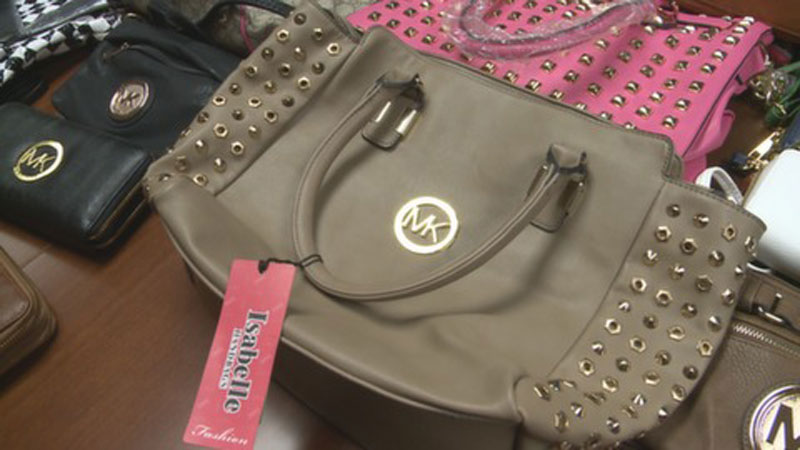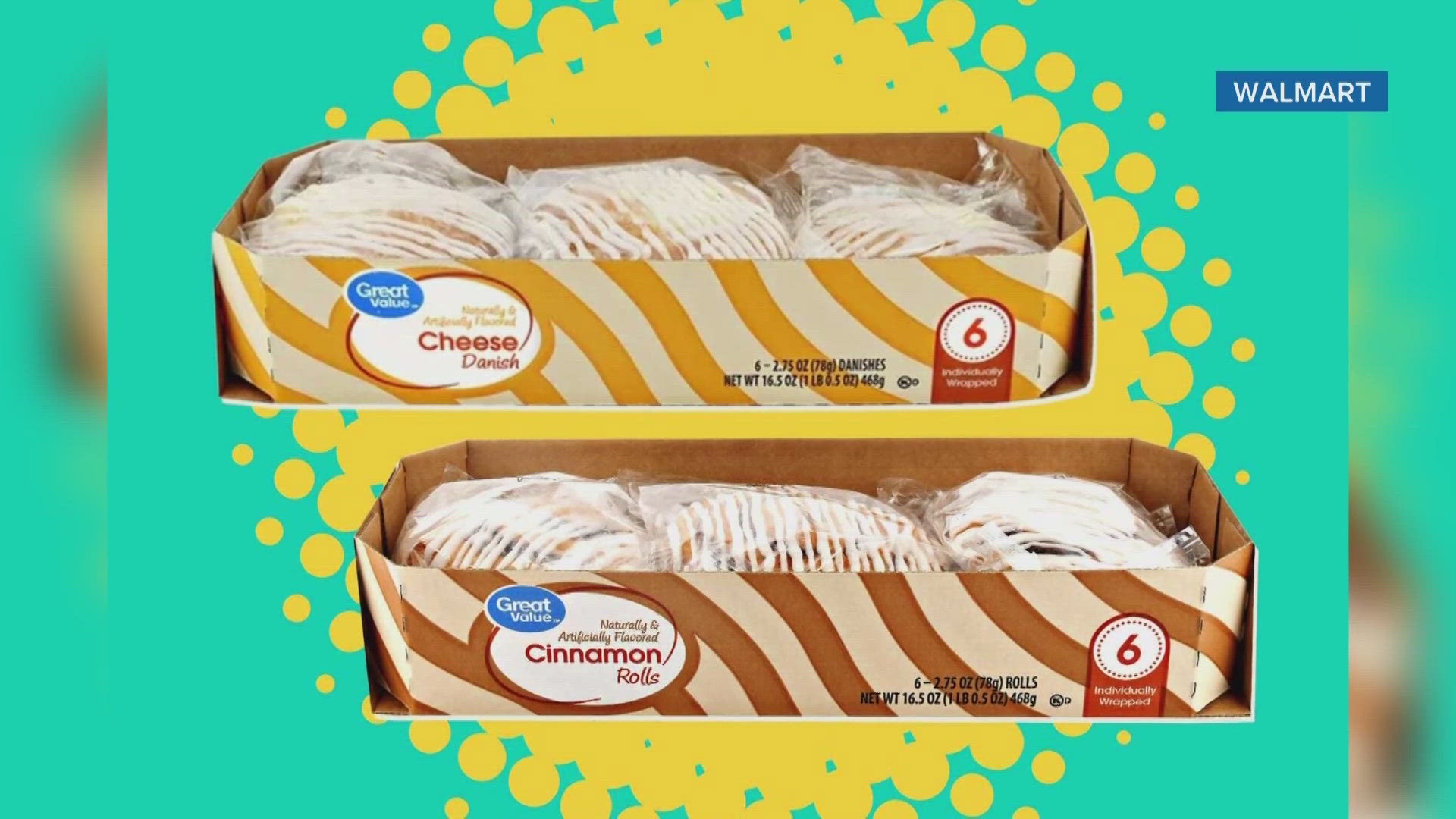![Counterfeit-goods--1- [ID=19364837]](http://www.gannett-cdn.com/-mm-/33d97f8a03d5ea06baca0f7a30eca34c8bd87643/r=500x281/local/-/media/WTSP/WTSP/2014/11/21/635521902780750009-Counterfeit-goods--1-.jpg)
TAMPA, Florida – As the holiday shopping season kicks off, federal officials with Tampa's division of Homeland Security Investigations said they are seeing a spike in counterfeit goods on the market, and want to warn consumers to be careful when making purchases.
According to Deputy Special Agent-In-Charge Shane Folden, counterfeit goods manufacturers have become increasingly skilled at making products that are nearly identical to the real item.
"Sometimes, the average consumer cannot look at things side-by-side and determine which one's counterfeit and which ones are legitimate, but they can use common sense," said Folden.
MORE INFO: Protect yourself from counterfeit goods
Ritchie Flores, group supervisor of fraud investigations for HSI Tampa said a good way to avoid counterfeits is to always buy from an authorized retailer or authorized reseller. He and Folden also advise consumers to be wary of expensive items with significant markdowns.
"You're not going to go out and buy a $1,500 watch that's legitimate for $300," said Folden. "So the price point is a significant red flag."
And although cheap prices can be a tip to identifying knockoffs, Flores said some counterfeits are sold at prices equivalent to the authentic product.
"If you didn't do your homework, and you're willing to pay $1,000 for an item [worth much less], they will sell it to you for $1,000."
During a special media event, Immigration and Customs Enforcement and Homeland Security Investigations showcased a table full of counterfeit goods that included electronics like the iPhone, which were very similar to the real item.
"These are identical, pretty much to the original manufacturer's cell phones," said Flores. "The consumer who purchases items such as these is facing the possibility of losing their money, wasting their money. They're substandard quality items."
Officials also said many consumers believe purchasing counterfeit goods is a victimless crime, but Folden and Flores said purchasing counterfeit goods can feed criminal activity, and support groups even linked to terrorism. And because many counterfeit products are not regulated, they can also pose health risks.
"Say for example, if you buy skin creams, contact lenses, things like that, the companies that manufacture these are not held to the same safety regulations…that the legitimate manufacturers are," said Folden. "So you may get something or purchase something that damages your eyes, damages your skin."
Bottom line: "If it seems too good to be true, it's probably too good to be true," said Folden.


